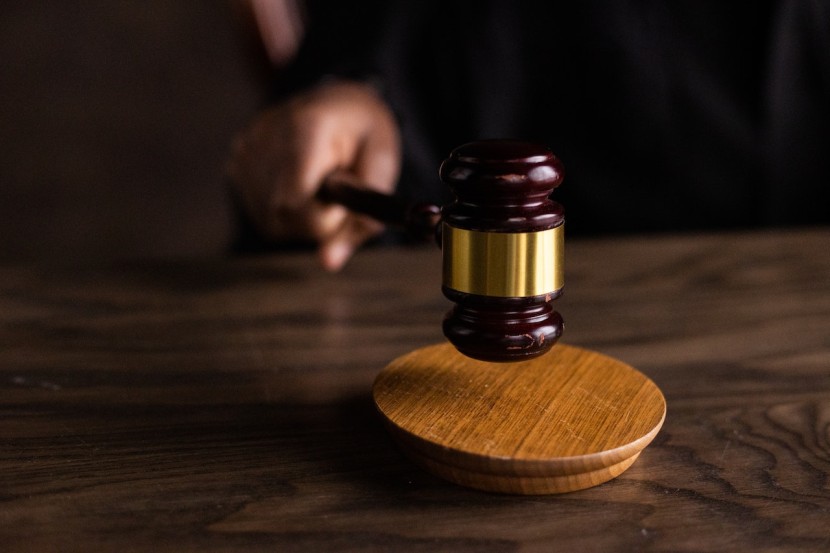
An appeals court has allowed the Department of Justice to resume its investigation and review of classified documents recovered from former United States President Donald Trump's Mar-a-Lago estate.
The three-judge appeals court panel granted the DOJ's request to block aspects of US District Court Judge Aileen Cannon's ruling that delayed the criminal investigation. The panel ruled that the judge, who is a Trump appointee, erred when she temporarily prevented federal prosecutors from using the roughly 100 documents, marked as classified, as part of a criminal inquiry.
Review of Classified Mar-a-Lago Documents
In the 29-page decision, the panel ruled that Trump "has not even attempted to show that he has a need to know the information contained in the classified documents." They added that the former president has also failed to establish that the current administration has waived that requirement for the documents in question.
Andrew Brasher and Britt Grant, two of the three judges of the panel, were appointed to the court by the former president. Robin Rosenbaum, the third judge, was appointed by former President Barack Obama, as per Politico.
In the unanimous decision, the three judges declared it "self-evident" that the public interest favored allowing the DOJ to determine whether any of the classified records were improperly disclosed, risking national security damage.
The appeals court wrote in an opinion that for their part, they could not discern why the plaintiff would have an individual interest in or need for any of the one-hundred documents with classification markings.
According to CNN, a special master's review of that subset of roughly 100 records, which would have allowed Trump's legal team to view the documents, is now partially stopped. Judge Raymond Dearie was assigned to be the special master in the case and is able to continue his work reviewing the rest of the material seized from Trump's Mar-a-Lago estate.
Trump's Claim of Declassification
Trump's lawyers, throughout the litigation, have raised vague questions about whether or not the materials are in fact classified. However, they did not straightforwardly assert in court that the former president declassified them.
The appeals court panel called Trump's legal team out on Wednesday night, arguing that there was no evidence of declassification. They added that before the special master, Plaintiff resisted providing any evidence that he had declassified any of the records.
On the other hand, the former president's lawyers also sought to put off making any specific disclosures about whether the documents had been declassified while the special master initially reviews the materials.
Prosecutors told the 11th Circuit on Tuesday that the records' classification markings establish that they are government records and that responsible officials previously determined that their unauthorized disclosure would cause damage, including "exceptionally grave damage" to the country's security.
The appeals court's decision is a striking repudiation of Trump's attempts to claim in public, but in court, that he already declassified the documents. The court added that in any event, the declassification argument is a red herring because it would not change its content or render it personal, the New York Times reported.
Related Article: Donald Trump, Children Gets Slapped with $250 Million Lawsuit Over Fraud Charges; Ill-Gotten Wealth Takes Focus








